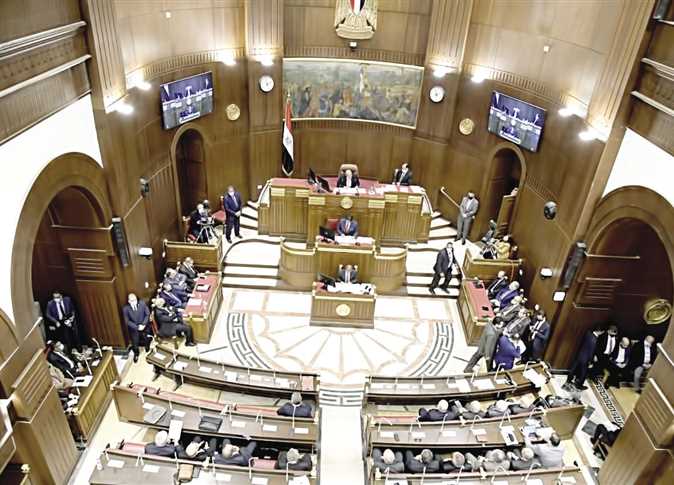
Egypt’s parliament on Monday approved in principle a draft law submitted by the government regarding the issuance of a sovereign Sukuk (bonds) law.
Senators welcomed the bill with open arms, stating that it will help stimulate substantial investments and preserve the state’s right to ownership of assets and the rights of investors all while complying with Islamic law.
Sukuk is an Islamic financial certificate representing a direct asset ownership interest in a portfolio of eligible existing or future assets.
Parliament member Bassem al-Khawasi, however, repudiated the bill due to several concerns, including that segments of the beneficiaries of the Sukuk may be foreigners whose affiliation is not guaranteed.
He also forewarned of exposure to the risk of corruption since these forms of bonds are indistinct as to whether they are private or public.
Parliament member Abdulaziz al-Nahhas, on the other hand, announced on behalf of the al-Wafd Party its approval of the bill, stating that this type of Sukuk will expand the country’s financial market horizons and contribute to shrinking the government’s budget deficit, according to Youm7 newspaper.
The importance of the draft law is due to the existence of a current legislative void. There is currently no regulation that enables the government to issue a sovereign Sukuk as the legislative regulation of the bonds, issued by joint-stock companies, was modified and developed in 2018 according to Law #17 of 2018, stipulating the cancelation of the previous laws regulating all bonds.
A parliamentary report of the joint committee from the Financial, Economic, and Investment Affairs Committee and the Constitutional and Legislative Affairs Committee confirmed that sovereign Sukuk as a financing instrument enjoys a large degree of acceptance in today’s global financial markets.
The report pointed out that the total number of Sukuk issuances currently in circulation has reached about US$2.7 trillion, applied by nations such as Malaysia, Saudi Arabia, Indonesia, Britain, the United Arab Emirates, Turkey, and Bahrain.
Egypt’s proceeds from this market are currently non-existent.
The committee added that there is no justification for disrupting the use of this financing mechanism as long as the appropriate environment and tools are in place to ensure optimal implementation, in line with the state’s needs and requirements for financing to meet the challenges that may cause the stalling of its progress.


